



If you ever find yourself craving a place where history whispers through the rocks and the desert air feels alive with stories,Al-Ula is where you need to be. The moment you arrive,there’s this incredible stillness,but it’s not empty—it’s full of ancient secrets carved into sandstone cliffs that glow golden as the sun dips low. Walking through the vast open landscapes,you can almost hear the echoes of caravans and civilizations long gone,yet the place feels surprisingly vibrant,like the past and present are having a quiet conversation. The scent of dry earth mingles with hints of frankincense and spices from the local markets,inviting you to slow down and savor the moment. At night,the sky explodes with stars,so clear and close it feels like you could reach out and touch them. The local culture is warm and welcoming,with stories shared over cups of strong,sweet coffee and dates that taste like sunshine. You’ll find yourself drawn to the intricate rock formations of Madain Saleh,where ancient tombs stand like silent guardians,and the colorful murals that tell tales of a rich heritage. What really makes Al-Ula special is how it balances raw natural beauty with a deep sense of history and community. It’s not just a place to see—it’s a place to feel,to connect with something timeless. Whether you’re wandering through the desert,exploring archaeological wonders,or simply soaking in the peaceful vibe,Al-Ula leaves a mark on your soul that’s hard to forget.
The information on this page is currently being reviewed by Tripkliq and should be used as a guide only
Eng word: Hello
Eng pronunciation: Marhaban
Local language: مرحبا
Eng word: Goodbye
Eng pronunciation: Wada'an
Local language: وداعا
Eng word: Thank you
Eng pronunciation: Shukran
Local language: شكرا
Eng word: How much
Eng pronunciation: Kam al-si'r
Local language: كم السعر
Eng word: Toilet
Eng pronunciation: Mirhad
Local language: مرحاض
Eng word: Help me
Eng pronunciation: Sa'idni
Local language: ساعدني
Eng word: Yes
Eng pronunciation: Na'am
Local language: نعم
Eng word: No
Eng pronunciation: La
Local language: لا
Eng word: Excuse me
Eng pronunciation: Afwan
Local language: عفوا
Al-Ula is recognized for being a cradle of ancient civilizations, notably the Nabateans, who left behind the magnificent city of Hegra (also known as Al-Hijr or Madā'in Ṣāliḥ), Saudi Arabia's first UNESCO World Heritage Site.
Before the Nabateans, the area was the center of the Lihyanite Kingdom, an influential player in the ancient world that controlled trade routes and left behind inscriptions and monumental tombs.
The ancient city of Dadan, the capital of the Dadanite and possibly Lihyanite kingdoms, is one of the oldest cities of the Arabian Peninsula, located in Al-Ula and known for its archaeological significance with excavations revealing extensive cultures.
Among the natural marvels of Al-Ula is the Elephant Rock, also known as Jabal AlFil, a unique geological formation that looks like an elephant with its trunk touching the ground, created naturally through years of wind erosion.
The old town of Al-Ula, established in the 13th century, features ancient mudbrick and stone houses, showing the traditional way of life that continued in the oasis until the 1980s.
Al-Ula was a key station on the Incense Route, facilitating the trade of luxury goods like frankincense and myrrh from the Arabian Peninsula to the Mediterranean, contributing to the region's prosperity over the centuries.
Harat Umm Daraj, located in Al-Ula's old town, is known for its well-preserved Ottoman Empire era architecture, highlighting the city's historical significance as a hub on the pilgrimage route to Mecca.
Al-Ula is not just rich in history but also in agriculture, famous for its lush citrus orchards, date palms, and the revival of ancient farming methods that showcase the oasis's pivotal role in the region's sustenance.
AlDiwan is a large, open area in Hegra, surrounded by Nabatean tombs and inscriptions. It served as a meeting place or council chamber for the Nabateans, reflecting the social and political organization of the ancient city.
In Al-Ula, the most common Power Adaptor is Type G.

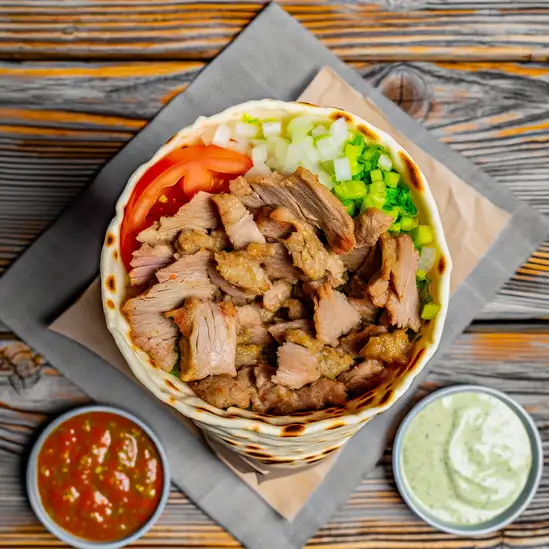
Marinated meat (usually chicken or lamb) cooked on a vertical rotisserie, sliced thin, and served in a wrap or pita with vegetables and sauces.
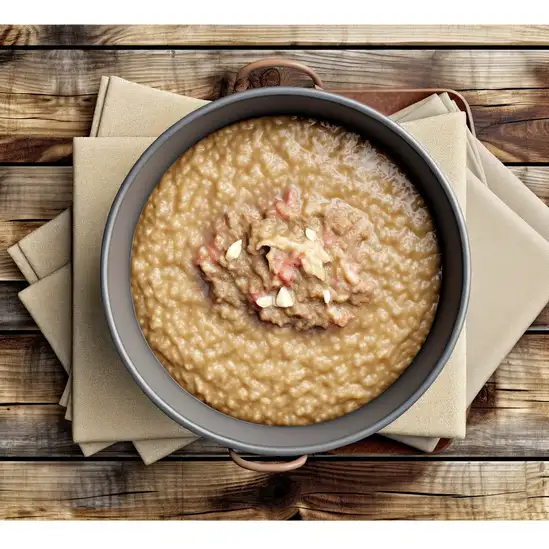
A dish made from wheat and meat, cooked until it reaches a porridge-like consistency, seasoned with spices and often served during Ramadan.
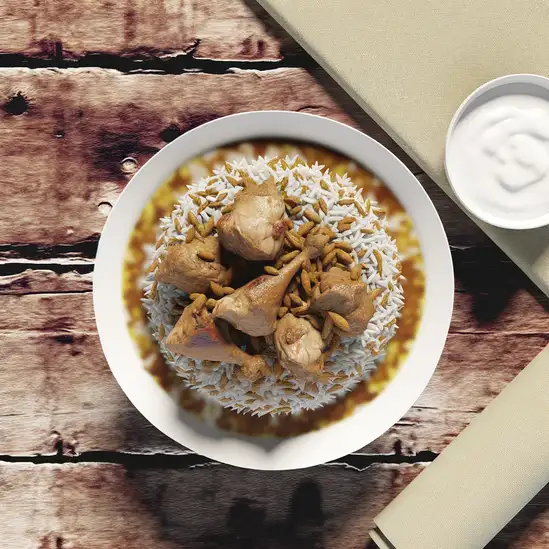
A traditional rice dish made with basmati rice, meat (usually chicken or lamb), and a blend of spices, often cooked in a tandoor.
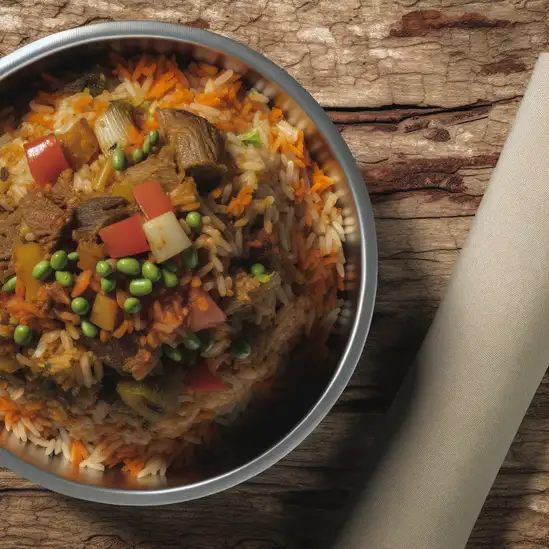
A spiced rice dish that includes meat, vegetables, and a variety of spices, often served with a side of salad or yogurt.
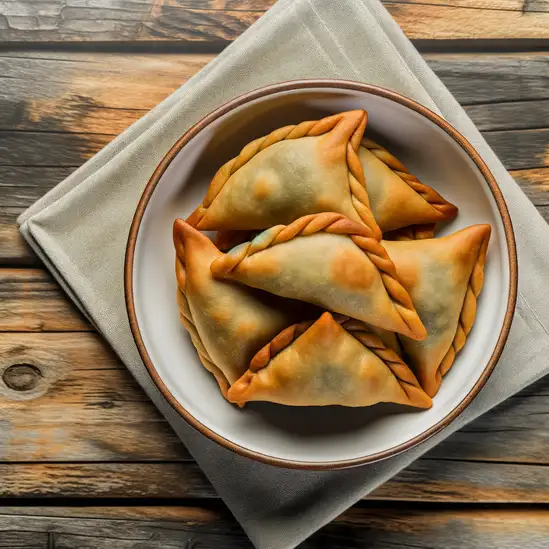
Savory pastries filled with meat, vegetables, or lentils, commonly enjoyed as a snack or appetizer, especially during Ramadan.
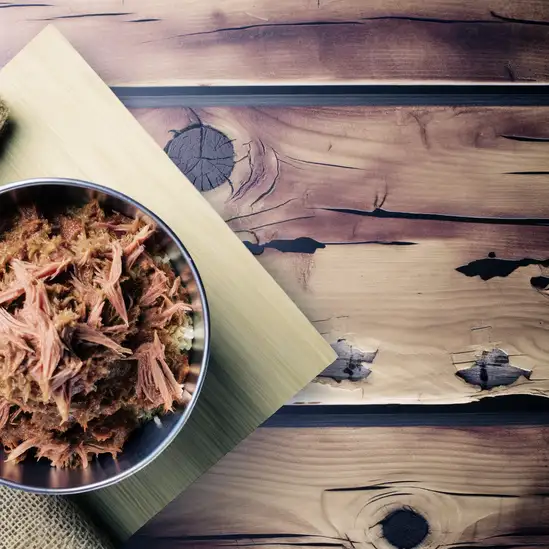
A dish made from shredded meat, typically lamb or chicken, cooked with rice and spices, often enjoyed during special occasions.
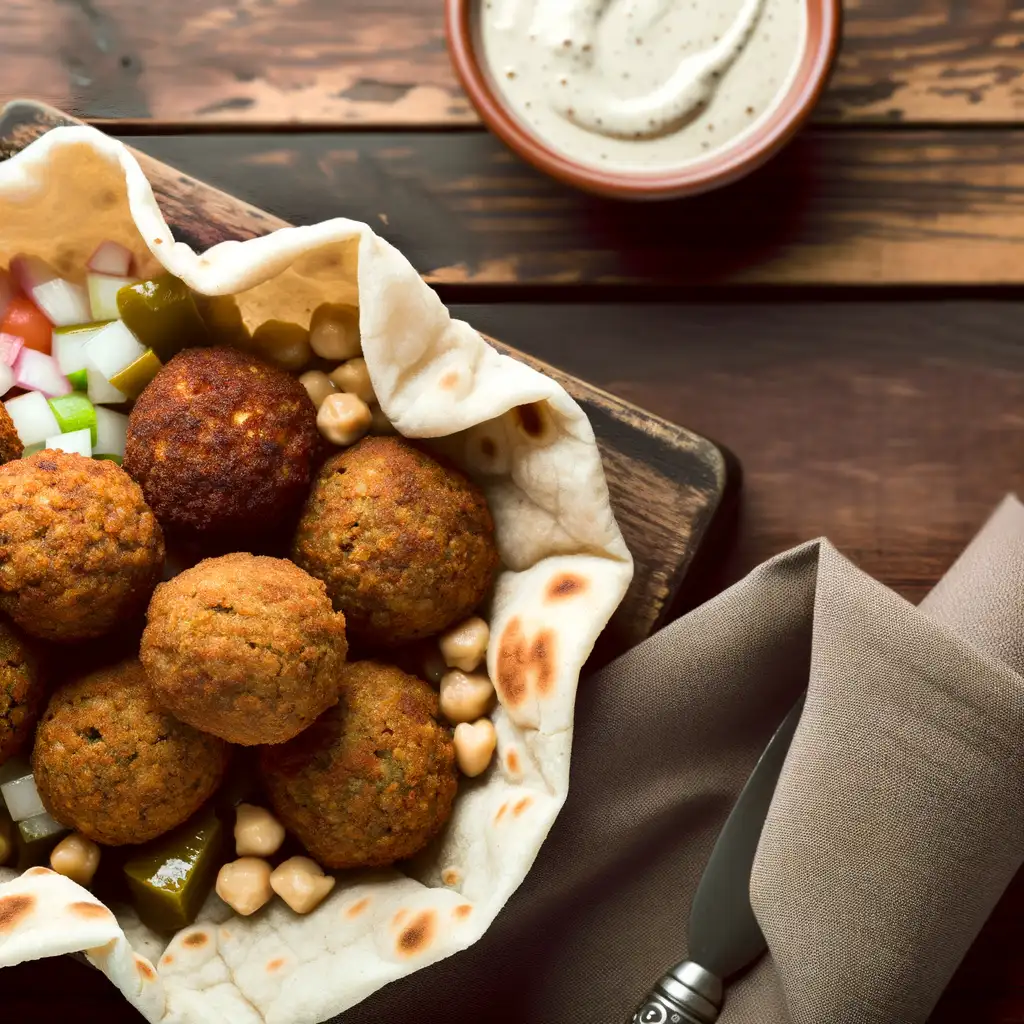
Deep-fried balls made from ground chickpeas or fava beans, often served in pita bread with tahini sauce and vegetables.
Imagine stepping into a place where the future meets tradition in the most dazzling way—that’s Dubai for you. The moment you arrive,there’s this electric buzz in the air,a mix of ambition and warmth that’s impossible to ignore. Skyscrapers like the Burj Khalifa stretch into the sky,shimmering glass and steel reflecting the golden desert sun,while just a few streets away,you can wander through bustling souks filled with the scent of exotic spices and the chatter of friendly vendors. It’s a city that never feels cold or impersonal,even with its towering modernity.
Walking along the Marina at sunset,you’ll hear the gentle lapping of water against sleek yachts,the distant hum of conversations in dozens of languages,and the occasional call to prayer weaving through the air,grounding you in the city’s rich cultural tapestry. The food scene is a vibrant adventure—imagine tasting freshly grilled shawarma,sweet dates,and rich Arabic coffee,each bite telling a story of the region’s heritage and its global influences.
What really makes Dubai stand out is its fearless spirit. It’s a place where desert dunes meet luxury shopping,where traditional falconry coexists with indoor ski slopes,and where every corner invites you to explore something unexpected. Whether you’re marveling at art installations in Alserkal Avenue or catching the cool breeze on a dhow cruise,Dubai feels alive,inviting you to be part of its ever-evolving story.
The capital city of Maldives,famous for its stunning tropical islands,luxury resorts,and crystal-clear waters perfect for diving and snorkeling.
ExploreDoha feels like stepping into a vibrant blend of tradition and modernity,where the desert meets the sea in the most unexpected ways. Imagine walking along the Corniche at sunset,the warm breeze carrying the faint scent of spices from nearby souks,while sleek skyscrapers shimmer against the fading light. The city hums with a quiet energy—call to prayers echo softly,mingling with the chatter of locals and the distant hum of luxury cars. It’s a place where the past and future coexist,inviting you to explore both ancient culture and cutting-edge design.
Wandering through the narrow alleys of Souq Waqif,you’ll be enveloped by the rich aroma of frankincense and cardamom,while colorful textiles and handcrafted wares spill from every stall. The lively banter of shopkeepers and the clinking of tea glasses create a warm,welcoming atmosphere that feels deeply personal. Then,just a short drive away,the Museum of Islamic Art stands like a jewel on the waterfront,its architecture as breathtaking as the treasures inside.
What really makes Doha special is its pace—there’s a calm confidence here,a city that’s growing fast but still holds onto its roots. Whether you’re savoring fresh seafood by the water,feeling the soft sand beneath your feet on a desert safari,or simply watching the city lights dance on the bay,Doha invites you to slow down and soak it all in. It’s a place that surprises you,not with loud fanfare,but with quiet moments that linger long after you’ve left.
Manama feels like a vibrant crossroads where tradition and modern life dance effortlessly together. The moment you step into its bustling souks,the air is thick with the scent of exotic spices and freshly brewed gahwa (Arabic coffee),while the chatter of merchants and the clinking of tea glasses create a lively soundtrack. Walking through the narrow alleys,you catch glimpses of colorful textiles and intricate handicrafts,each telling a story of Bahrain’s rich heritage.
By day,the city’s skyline sparkles with sleek glass towers,but just a short walk away,you find yourself wandering ancient forts and quiet mosques,their sandstone walls whispering tales from centuries past. The warm breeze carries hints of the nearby sea,and if you head to the Corniche,you’ll feel the gentle splash of waves as fishing boats bob lazily in the harbor. It’s a place where the old world meets the new,and you can savor both with equal delight.
Food here is a celebration of flavors—imagine biting into freshly grilled hammour fish,seasoned with local herbs,or savoring sweet dates dipped in rosewater syrup. The people are incredibly welcoming,always ready to share a story or invite you to try a traditional dish. Manama isn’t just a city to visit; it’s a place to experience,where every street corner hums with life and every moment feels like a warm embrace.
If you ever find yourself wandering through Muscat,you’ll immediately notice a calm,almost meditative rhythm to the city. It’s not the usual hustle of a big metropolis; instead,there’s a gentle blend of tradition and modern life that feels both grounding and inviting. The air carries a subtle mix of sea salt from the Gulf of Oman and the warm,spicy aroma of frankincense wafting from local markets. Walking along the Corniche,you’ll catch the glint of sunlight bouncing off whitewashed buildings and the soft murmur of fishing boats bobbing in the harbor.
Muscat’s charm lies in its contrasts—ancient forts stand proudly against a backdrop of rugged mountains,while sleek cafes and art galleries hint at a quietly evolving culture. The city’s soul is deeply tied to its people,who greet you with genuine warmth and a readiness to share stories over a cup of sweet,cardamom-spiced coffee. Exploring the winding alleys of Mutrah Souq,you’ll hear the lively chatter of vendors and the clinking of silver jewelry,while your fingers brush against handwoven textiles and fragrant spices.
What really stays with you is the sense of place—Muscat feels like a crossroads where the past and present meet in harmony. Whether you’re savoring fresh seafood by the water or watching the sun dip behind the mountains,there’s a peacefulness here that invites you to slow down,breathe deeply,and soak in the beauty of a city that’s quietly proud of its heritage and hopeful for its future.
Imagine stepping into a place where the sun kisses the desert and the sea sparkles with every shade of blue you can dream of—that’s Sharm el-Sheikh for you. The moment you arrive,there’s this laid-back energy in the air,a mix of warm sea breezes and the faint scent of spices from nearby markets. Walking along the marina,you’ll hear the gentle lapping of waves mingling with the distant chatter of fishermen and the occasional call to prayer,creating a rhythm that feels both timeless and alive.
The city itself is a vibrant blend of cultures,where Bedouin traditions meet modern resorts and lively cafes. You can wander through bustling souks filled with colorful textiles,fragrant incense,and the rich aroma of freshly brewed mint tea. At night,the desert sky unfolds in a dazzling display of stars,and the local music spills out from cozy restaurants,inviting you to savor dishes bursting with flavors—think tender grilled seafood,smoky kebabs,and sweet,sticky baklava.
What really makes Sharm el-Sheikh unforgettable is its connection to nature. Snorkeling or diving in the Red Sea feels like entering another world,with coral reefs teeming with vibrant fish and graceful rays gliding beneath you. Whether you’re exploring the rugged mountains nearby or simply lounging on a sun-warmed beach,there’s a peacefulness here that seeps into your soul. It’s a place where adventure and relaxation dance together,leaving you refreshed and inspired long after you’ve left.
Tourists may encounter individuals offering to exchange currency at unfavorable rates or with hidden fees.
Vendors may sell fake or low-quality souvenirs claiming they are authentic or handmade, often at high prices.
Scammers may sell counterfeit tickets to popular attractions like Hegra or other archaeological sites, leaving tourists unable to enter.
Some unlicensed guides may approach tourists and offer tours at inflated prices, providing subpar or inaccurate information about the historical sites.
Some drivers may overcharge tourists for transportation to and from key landmarks, especially if the tourists are unfamiliar with local rates.
Some individuals may falsely claim that tourists need to pay extra fees to take photos at certain locations, even if no such rule exists.
The use, possession, trafficking, and distribution of illegal drugs are strictly prohibited in Saudi Arabia, including Al-Ula. The country has very stringent anti-drug laws, and violations can result in severe penalties, including long prison sentences, heavy fines, and even the death penalty. Prescription medications should be carried with a valid prescription, and it is recommended to check with Saudi authorities regarding the legality of specific medications before traveling.
In Al-Ula, as in the rest of Saudi Arabia, smoking is generally prohibited in public places such as government buildings, educational institutions, healthcare facilities, and public transportation. There are designated smoking areas where smoking is allowed. Tourists should be mindful of local customs and regulations and avoid smoking in non-designated areas to avoid fines or other penalties.
Vaping is subject to similar regulations as smoking in Al-Ula. It is prohibited in public places and only allowed in designated areas. Tourists should be cautious and ensure they are in a permissible area before using e-cigarettes or other vaping devices. Importing vaping products may also be subject to customs regulations, so it is advisable to check the latest guidelines before traveling.
What are other people saying about Al-Ula?
Recent Social posts about Al-Ula
There is nothing to show you for now.